WOULD YOU LIKE TO COLLABORATE WITH A CHARITY? ARE YOU AN EARLY OR MID-CAREER RESEARCHER?

free image from charity clip art @ clipground.com
If you can answer both these questions with a resounding YES, then now is your opportunity to apply for funding to contribute towards a collaborative research project. BU has a small fund available to facilitate engagement and research with charitable organisations. The purpose of the funding is to:
- Increase Early career researcher (ECR – no more than 10 years within receipt of doctorate) /Mid career researcher (MCR – no more than 15 years from within receipt of doctorate) engagement with charities in order to further the impact of BU’s research
- Increase the amount of ECR/MCR research undertaken collaboratively with charities
- Encourage future interdisciplinary funding bids led by ECRs/MCRs with charitable partners
The fund can be used flexibly, providing a strong case can be made and the assessment criteria are met. You will find this guidance with the application form (link below)
Funding could be used to fund travel, equipment, merchandise or event costs etc., but all funding will need to be spent by 31 July 2022.
Eligibility
The fund is open to all ECR and MCR researchers across Bournemouth University, including those who are already working with charitable organisations and those who would like to build up new networks.
Amount and Requirements
Funds of up to £2,000 can be applied for. The applicant must be able fully to justify the amount claimed, which is intended either to facilitate new relationships and projects with charities, or to build on existing research collaborations.
Applicants will require a supporting statement from the charity they intend to work with.
Application process
To apply, please click on, carefully read and complete the Charity Impact Funding application form.
Applications must be submitted to charityimpact@bournemouth.ac.uk by 5pm on Monday, 17 January 2022.
If you have any questions about your application please email charityimpact@bournemouth.ac.uk.
BU’s Research Principles
Putting the Charity Impact Fund into strategic context, under BU2025, the following other funding panels operate to prioritise applications for funding and make recommendations to the Research Performance and Management Committee (RPMC).
There are eight funding panels:
- HEIF Funding Panel
- GCRF Funding Panel
- Research Impact Funding Panel
- Doctoral Studentship Funding Panel
- ACORN Funding Panel
- Research Fellowships Funding Panel
- Charity Support Funding Panel
- SIA Funding panel
Please see further announcements regarding each initiative over the coming weeks.
These panels align with the BU2025 focus on research, including BU’s Research Principles. Specifically, but not exclusively, regarding the Charity Impact Funding Panel, please refer to:
- Principle 5 – which sets of the context for such funding panels,
- Principle 6 and Outcome 9 – which recognises the need for interdisciplinarity and the importance of social science and humanities (SSH).
Please kindly declare any CONFLICT OF INTEREST you may have in respect of this application should you have any. If so, in your covering letter kindly detail any steps towards mitigation of the conflict to ensure transparency and fairness in both the application process and implementation of any award granted.
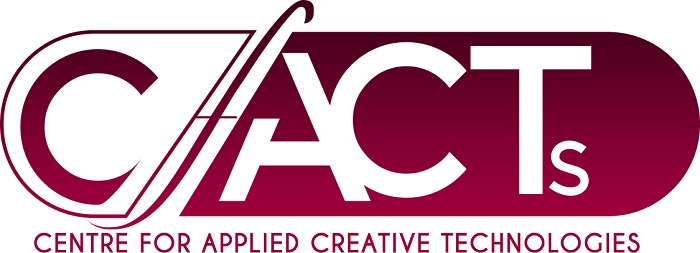
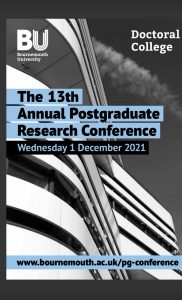
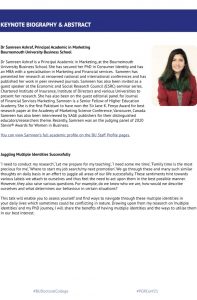
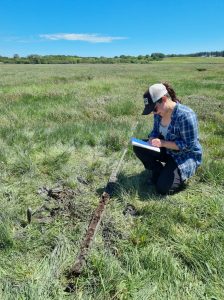
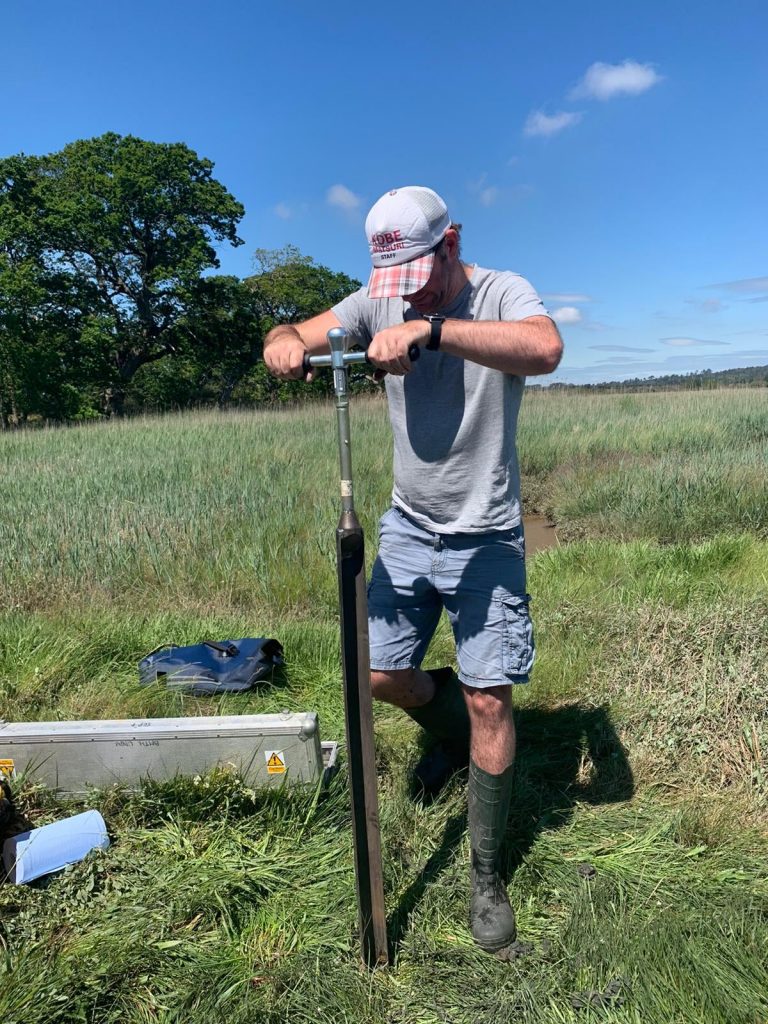
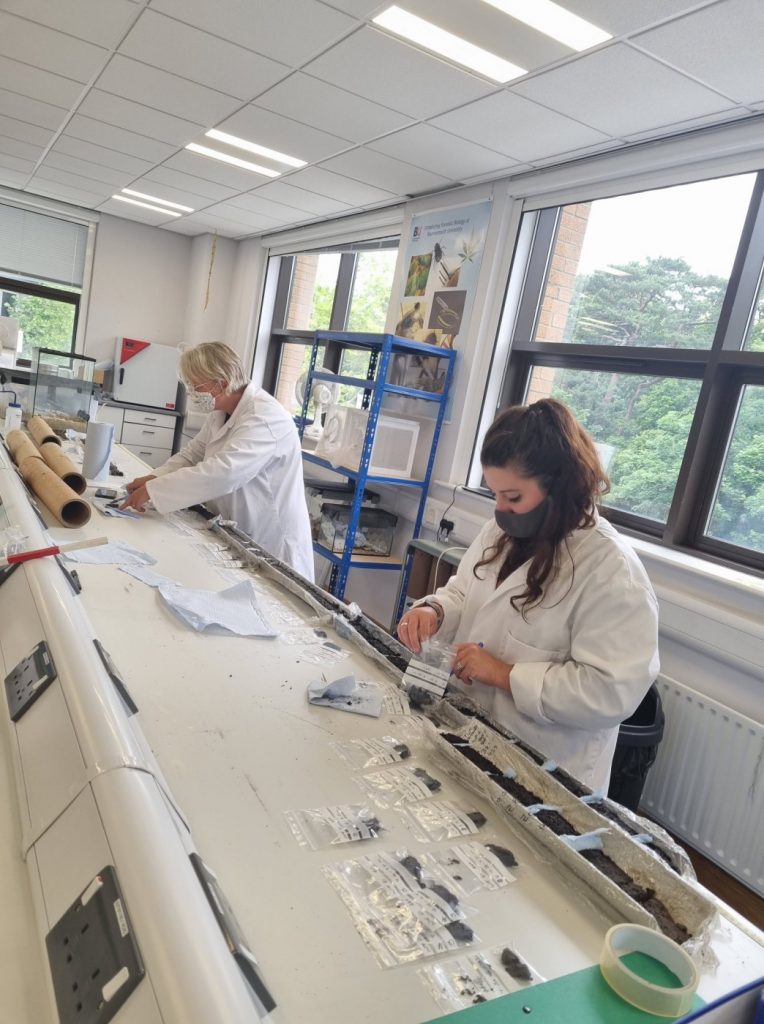

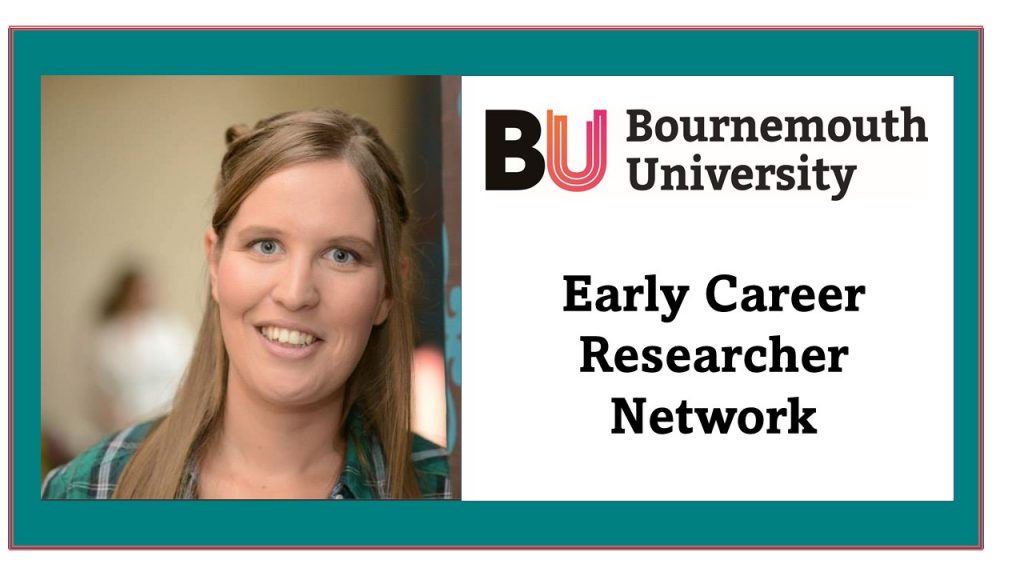

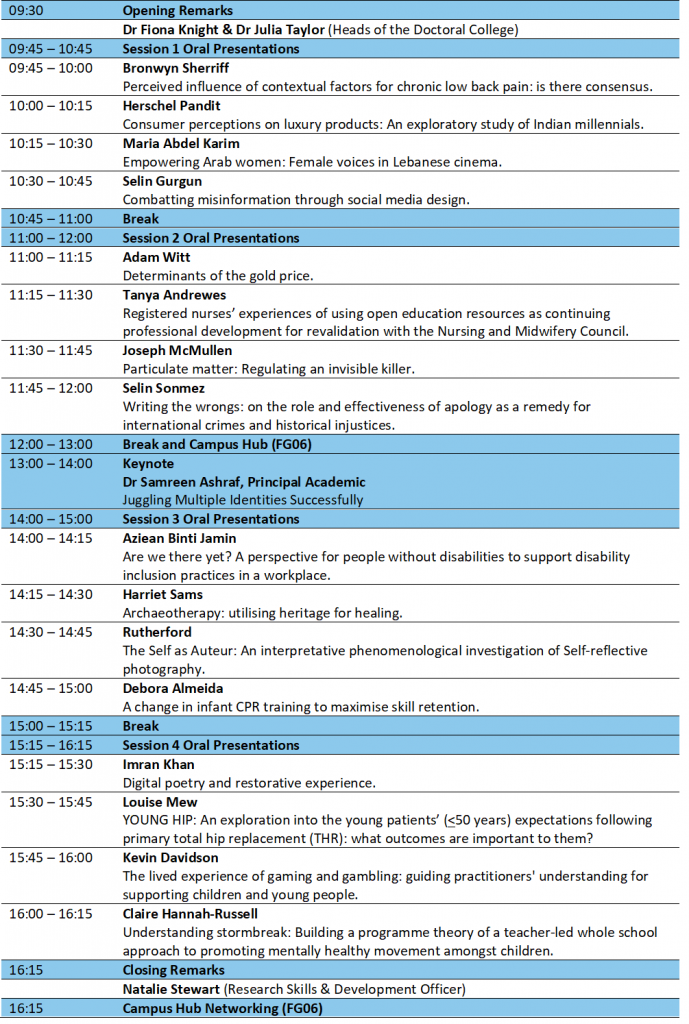
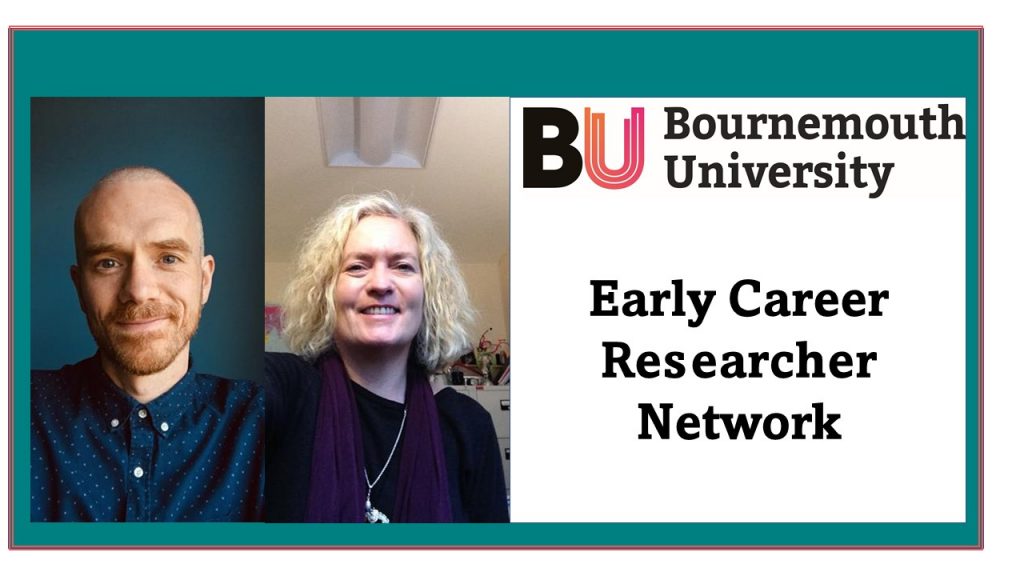





 This scheme is for ‘
This scheme is for ‘










 New weight change BU paper
New weight change BU paper One week to go! | The 16th Annual Postgraduate Research Conference
One week to go! | The 16th Annual Postgraduate Research Conference Geography and Environmental Studies academics – would you like to get more involved in preparing our next REF submission?
Geography and Environmental Studies academics – would you like to get more involved in preparing our next REF submission? Congratulations to three former BU staff
Congratulations to three former BU staff MSCA Staff Exchanges 2024 Call – internal deadline
MSCA Staff Exchanges 2024 Call – internal deadline Applications are now open for 2025 ESRC Postdoctoral Fellowships!
Applications are now open for 2025 ESRC Postdoctoral Fellowships! Horizon Europe – ERC CoG and MSCA SE webinars
Horizon Europe – ERC CoG and MSCA SE webinars MaGMap: Mass Grave Mapping
MaGMap: Mass Grave Mapping ERC grants – series of webinars
ERC grants – series of webinars